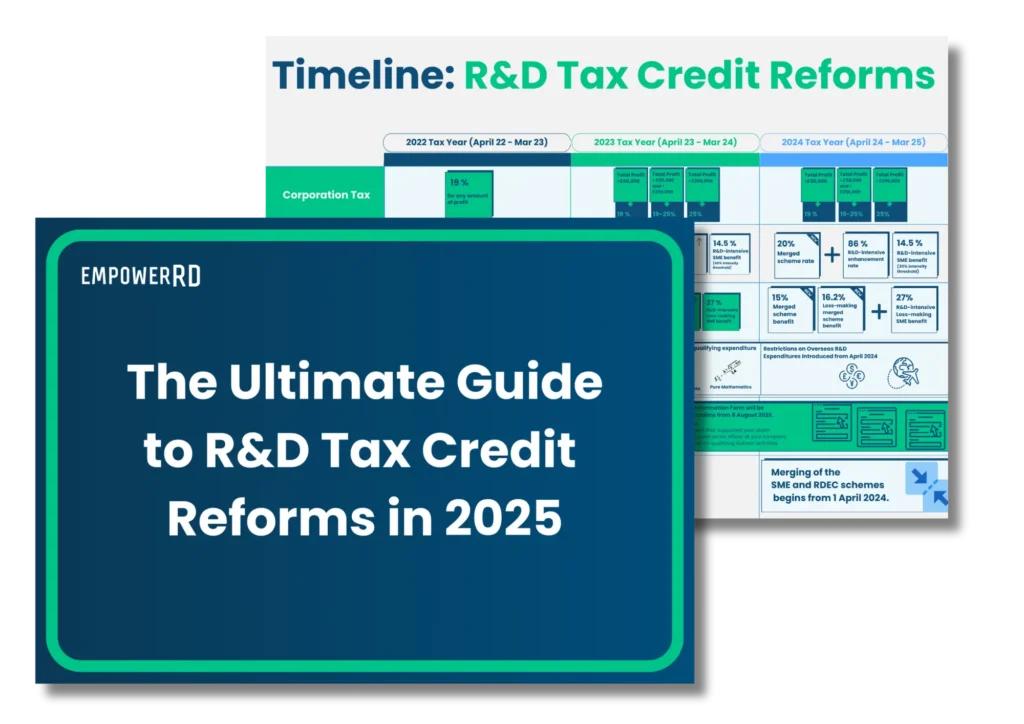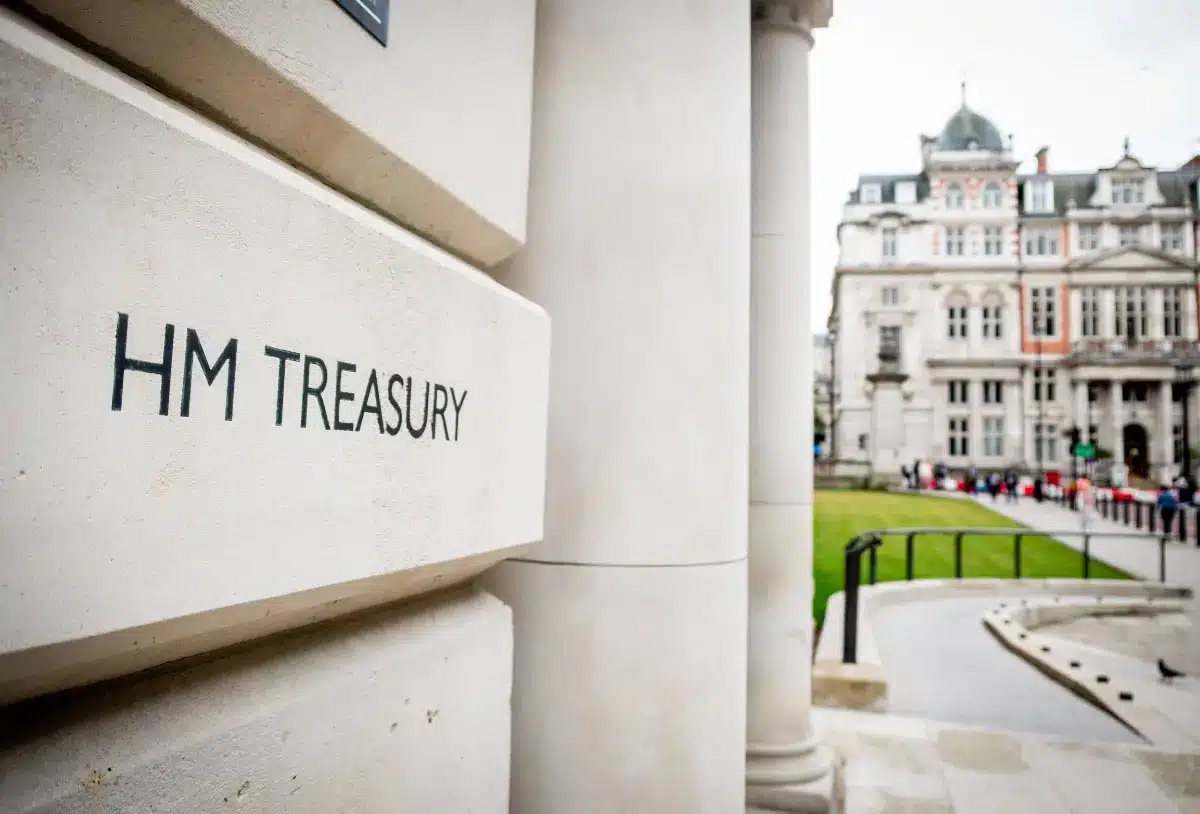A landmark tribunal ruling
In early August the First‑tier Tribunal (General Regulatory Chamber) handed down a judgment in Elsbury v The Information Commissioner [2025] UKFTT 915 (GRC) that has important implications for AI transparency in government.
The tribunal overturned the Information Commissioner’s decision not to disclose whether HM Revenue & Customs (HMRC) uses large language models and other generative‑AI tools in its R&D Tax Credits Compliance Team.
The case highlights tension between tax administration and the public’s right to understand how AI is deployed.
The battle over AI transparency at HMRC
The dispute began on 14 December 2023 when tax specialist Thomas Elsbury submitted a Freedom of Information (FOI) request asking HMRC to clarify whether its R&D compliance team employed generative‑AI technologies. HMRC initially acknowledged that it held relevant information but refused to disclose it, arguing that revealing details could aid fraud and undermine tax collection efforts.
When Elsbury requested an internal review and later complained to the Information Commissioner, HMRC adopted a “neither confirm nor deny” (NCND) stance, refusing even to say whether AI was used. The Information Commissioner accepted that confirming or denying AI use might help fraudsters and upheld HMRC’s decision.
Challenging the cloak of secrecy
Elsbury appealed to the tribunal, arguing that at a time when AI is transforming everything from customer service to tax administration, the public deserves transparency; especially in areas that directly affect businesses applying for R&D tax relief. Evidence was also submitted suggesting that AI‑generated letters were discouraging legitimate claimants, raising concerns about fairness and trust.
Legal showdown: prejudice versus public interest
The tribunal reviewed the relevant FOI provisions, including the exemption under section 31(3) that allows HMRC to refuse to confirm or deny information if disclosure could prejudice tax collection It concluded that HMRC’s reliance on this exemption was flawed because the department had previously admitted holding the information and because the risks cited were speculative; there was no evidence that confirming or denying AI use would aid tax evasion. Judge Alexandra Marks described Elsbury’s arguments as “compelling” and ruled that the public interest favoured disclosure.
A clear message on government AI transparency
The tribunal ordered HMRC to respond within 35 working days, either by confirming and disclosing the requested information or by properly explaining any lawful refusal. The Information Commissioner said it would not appeal the decision, while HMRC indicated it was considering its position.
This ruling sends a clear signal: fears of fraud cannot automatically silence calls for openness. Transparency is essential when AI is embedded in decision‑making processes that affect individuals and businesses. In tax compliance, understanding whether a decision is made by a human or by an algorithm is fundamental to procedural fairness.
Context for innovators
Our UK Innovation Report 2025, based on surveys of 500 scale‑up leaders and 250 investors, shows that 91 % of scale‑ups view AI as the most positive driver of innovation and 73 % have increased R&D investment over the past three years. However, the report also reveals that one in four scale‑ups faced an HMRC enquiry in the past year and that regulatory complexity is the top barrier to innovation. These findings illustrate why transparency about AI‑driven compliance matters: businesses are investing heavily in R&D, yet concerns about opaque processes and potential enquiries undermine confidence.
For taxpayers, activists and transparency advocates, Elsbury v The Information Commissioner sets an important precedent. It confirms that blanket secrecy under FOIA exemptions will face intense scrutiny when AI influences decisions that affect public money and trust. As AI plays an ever larger role in government, sunlight will be the best disinfectant.
Download the UK Innovation Report 2025 to benchmark your own R&D strategy and to explore further insights from our surveys of scale‑ups and investors.







